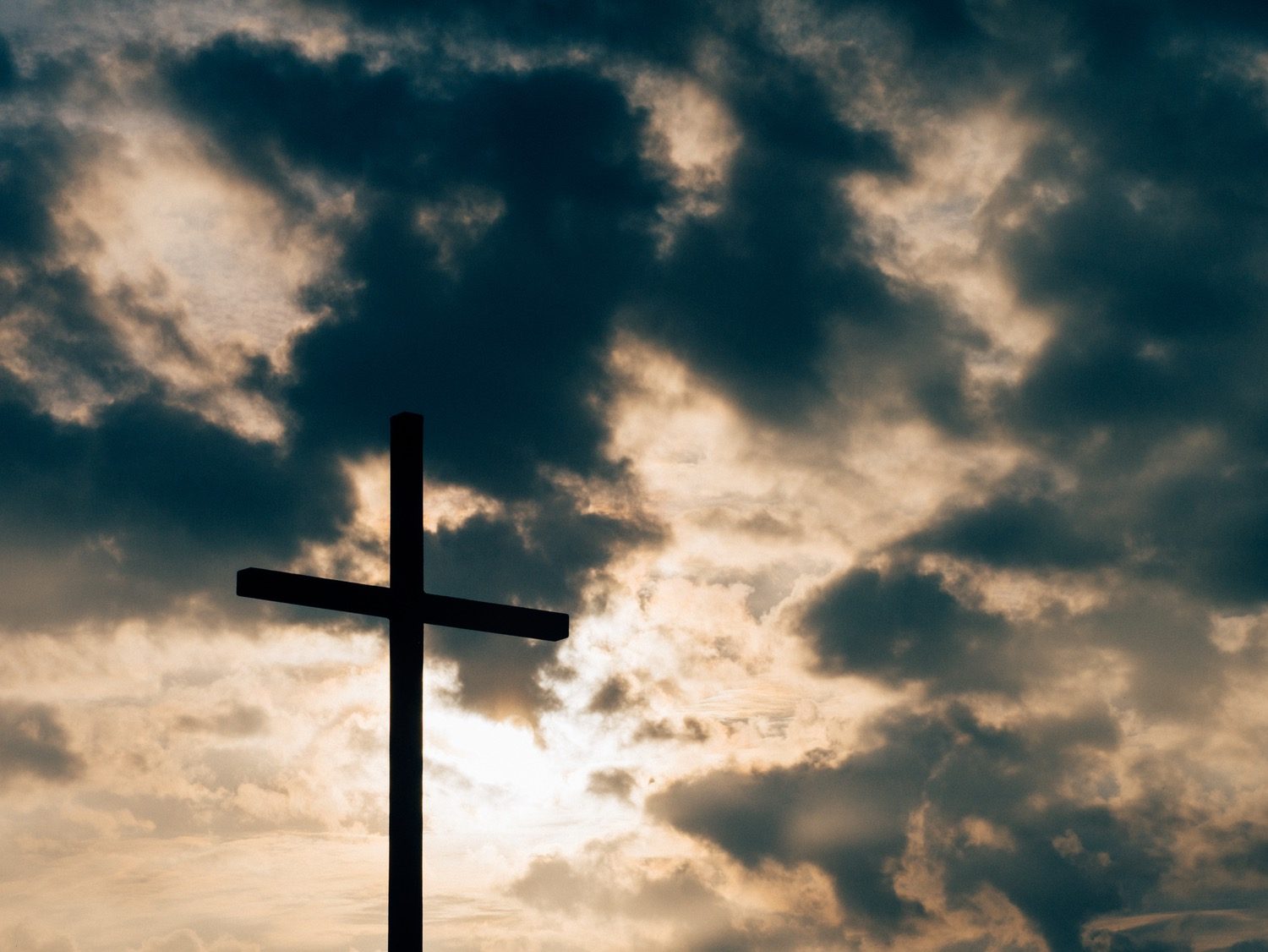

II Corinthians 1:10
Ultimately, the way to deal with fear and uncertainty is to address the facts with hope. However, when we see the word “hope,” it may not instill in us a great deal of confidence, because “hope,” unfortunately, is a greatly misunderstood word. We are poorly served by the manner in which modern usage has distorted its original meaning. We employ the word “hope” primarily as a verb, and it loosely connotes uncertainty and an element of wishful thinking. “I hope it does not rain tomorrow.”
However, the connotation of the word “hope” that is referred to throughout the Bible is a noun and has the semantic meaning of a life-shaping certainty of something that has not yet happened but that we know one day will.
Dr. Tim Keller says that we underestimate the power of hope in our lives and just how much our belief in our future determines how we live today. Human beings are clearly hope-based creatures. We are unavoidably shaped by how we view the future, because it impacts the way we process life I the present – in the now.
Keller says “What we believe about our future is the main determinant in how we process, how we experience, and how we handle circumstances in the present.”
Though we may not realize it, we cannot live without hope. Keller points to Viktor Frankl’s noted book, Man’s Search for Meaning, as an example. Frankl, a Jewish psychiatrist, was one of those fortunate people to survive the Nazi death camps during World War II. As a trained psychiatrist, he was fascinated why some of his fellow prisoners wasted away and died, while others remained strong and survived. He concluded we cannot stay healthy if we do not have hope in the future.
“Life in a concentration camp exposes your soul’s foundation. Only a few of the prisoners were able to keep their inner liberty and inner strength. Life only has meaning in any circumstances if we have a hope that can neither suffering, circumstances, nor death itself can destroy.”
Frankl recognized that our believed-in future impacts our ability to live and cope with our mortality. If our view of the future is grounded in a solid, ultimate hope, then we will have a solid foundation on which to build our lives. However, if our view of the future is rooted in hopelessness, over time with an overriding sense of fear and despair.
Add grace and understanding to your day with words from Richard E. Simmons III in your inbox. Sign-up for weekly email with the latest blog post, podcast, and quote.

Bulk discounts for 25 or more books! Call 205-789-3471 for prices.
For local orders in the Birmingham, AL area, enter Promo Code LOCAL at checkout to save shipping. We will email you when your order is ready for pickup.